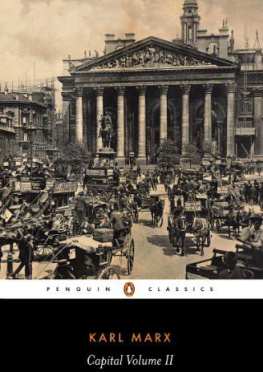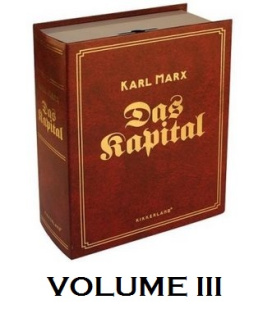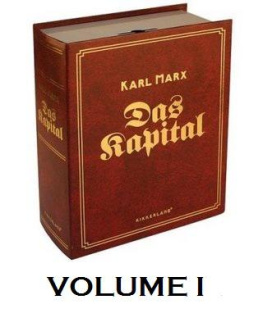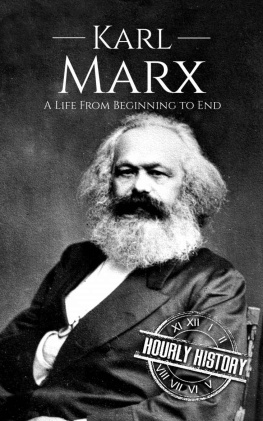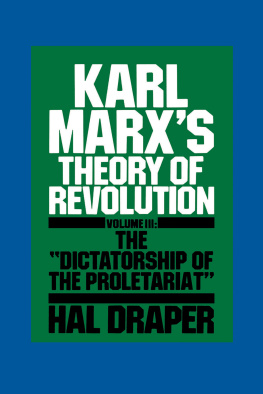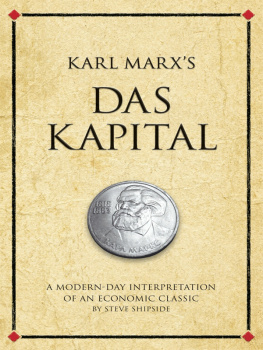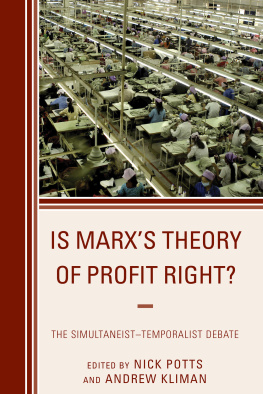Peuchet: On Suicide
Source : MECW Volume 4, p. 597;
Written : in the second half of 1845
Published : in 1846 in Gesellschaftsspiegel Rd. II, Heft VII;
Signed : K. Marx.
French criticism of society has, at least, in part the great merit of having shown up the contradictions and unnaturalness of modern life not only in the relationships of particular classes, but in all circles and forms of modern intercourse. And it has done that in accounts evincing the warmth of life itself, broadness of view, refined subtlety, and bold originality of spirit, which one will seek in vain in any other nation. Compare the critical writings of Owen and Fourier, for example, so far as they concern the relationships of life, to gain an idea of this superiority of the French. It is by no means only to the French socialist writers proper that one must look for the critical presentation of social conditions; but to writers in every sphere of literature, and in particular of novels and memoirs. In a few excerpts on suicide from the Mmoires tires des Archives de la Police etc. par Jacques Peuchet I shall give an example of this French criticism. It may at the same time show what grounds there are for the idea of the philanthropic bourgeois that it is only a question of providing a little bread and a little education for the proletarians, and that only the worker is stunted by the present state of society, but otherwise the existing world is the best of all possible worlds.
With Jacques Peuchet, as with many of the older, now almost extinct, French professional men, who have lived through the numerous upheavals since 1789, the numerous disappointments, enthusiasms, constitutions, rulers, defeats and victories, criticism of the existing property, family, and other private relations, in a word of private life, appears as the necessary outcome of their political experiences.
Jacques Peuchet (born 1760) proceeded from belles lettres to medicine, from medicine to law, from law to administration and the police. Before the outbreak of the French Revolution he was working with Abb Morellet on a Dictionnaire du commerce, of which, however, only the prospectus was published, and at that time he was occupied mainly with political economy and administration. Peuchet was an adherent of the French Revolution for only a very short time; he very soon turned to the royalist party, for a time held the editorship of the Gazette de France and later even took over the notorious royalist Mercure from Mallet du Pan. Nevertheless, he wound his way very cleverly through the revolution, sometimes persecuted, sometimes occupied in the Department of Administration and the Police. The Gographie commerante, 5 vol. in folio, which he published in 1800, attracted the attention of Bonaparte, the First Consul, and he was appointed a member of the Conseil de commerce et des arts. Later he occupied a higher position in the administration under the ministry of Franois de Neufchteau. In 1814 the Restoration appointed him censor. During the 100 days and the Chambers of Deputies under the Restoration. The best known of his many, mostly economic, works apart from the Geography of Commerce already referred to, is his statistics of France [J. Peuchet, Statistique lmentaire de la France] (1807).
Peuchet wrote his memoirs, the materials for which he gathered partly from the Paris police archives, partly from his long practical experience in police and administration, as an old man and had them published only after his death, so that in no circumstances can he be counted among the hasty Socialists and Communists, who are known to lack so completely the marvellous thoroughness and comprehensive knowledge of the general run of our writers, officials and professional citizens.
Let us listen to our archive-keeper of the Paris police prefecture on suicide!
The annual number of suicides, which is, as it were, normal and recurrent among us, must be regarded as a symptom of the faulty organisation of our society; for at times when industry is at a standstill and in crisis, in periods of dear food and hard winters, this symptom is always more conspicuous and assumes an epidemic character. Prostitution and theft then increase in the same proportion. Although poverty is the greatest source of suicide, we find it in all classes, among the idle rich as well as among artists and politicians. The variety of the causes which give rise to it seems to mock the monotonous and callous condemnation of the moralists.
Consumptive diseases, towards which science is at present indifferent and ineffectual, abused friendship, deceived love, frustrated ambition, family suffering, repressed rivalry, dissatisfaction with a monotonous life, suppressed enthusiasm, are indubitably the causes of suicide in more generously endowed natures, and the love of life itself, this energetic driving force of personality, very often leads to putting an end to a detestable existence.
Madame de Stal, whose greatest merit is to have expressed commonplaces in brilliant style, has attempted to show that suicide is an act contrary to nature, and that it cannot be regarded as a deed of courage; she claims in particular that to fight despair is more worthy than to succumb to it. Such arguments little affect souls which are overwhelmed by misfortune. If they are religious, they look forward to a better world; if, on the contrary, they do not believe in anything, they seek the calm of Nothing. Philosophical tirades have no value in their eyes and are a poor refuge from suffering. It is above all in bad taste to maintain that an act so frequently committed is contrary to nature; suicide is in no way contrary to nature, since we witness it daily. What is against nature does not happen. On the contrary, it is in the nature of our society to produce many suicides, while Tartars do not kill themselves. Hence all societies do not have the same products. That is what we must tell ourselves, so as to work for the reform of our society and make it rise to a higher stage. As for courage, if it is considered courageous to defy death in broad daylight on the battlefield, under the domination of every form of excitement, there is nothing to prove lack of courage in one who administers death to himself in dark solitude. Such a. debatable question is not disposed of by insulting the dead.
Everything that has been said against suicide goes round and round in the same circle of ideas. People cite against it the decrees of Providence, but the existence of suicide is itself an open protest against her indecipherable decrees. They talk to us of our duties to this society without explaining or implementing our own claims on society, and finally they exalt the thousand times greater merit of overcoming pain rather than succumbing to it, a merit as sad as the prospects it opens up. In short, they make of suicide an act of cowardice, a crime against the law, [society] and honour.
Why is it that in spite of so many anathemas people kill themselves? Because the blood of men in despair does not run through their veins in the same way as that of the cold beings who take the time to coin all those fruitless phrases. Man seems to be a mystery to man; he can only be blamed, he is not known. When we see how light-mindedly the institutions under whose domination Europe lives dispose of the blood and life of the nations, how civilised justice surrounds itself lavishly with prisons, chastisements and instruments of death so as to sanction its insecure decisions; when we see the numerical immensity of the classes which on all sides are left in misery, and the social pariahs who are battered by brutal contempt, meant to be preventive, perhaps to save the trouble of lifting them out of their squalor; when we see all this, we fail to understand what entitles us to command the individual to respect in himself an existence which our customs, our prejudices, our laws and our morals generally trample underfoot.



